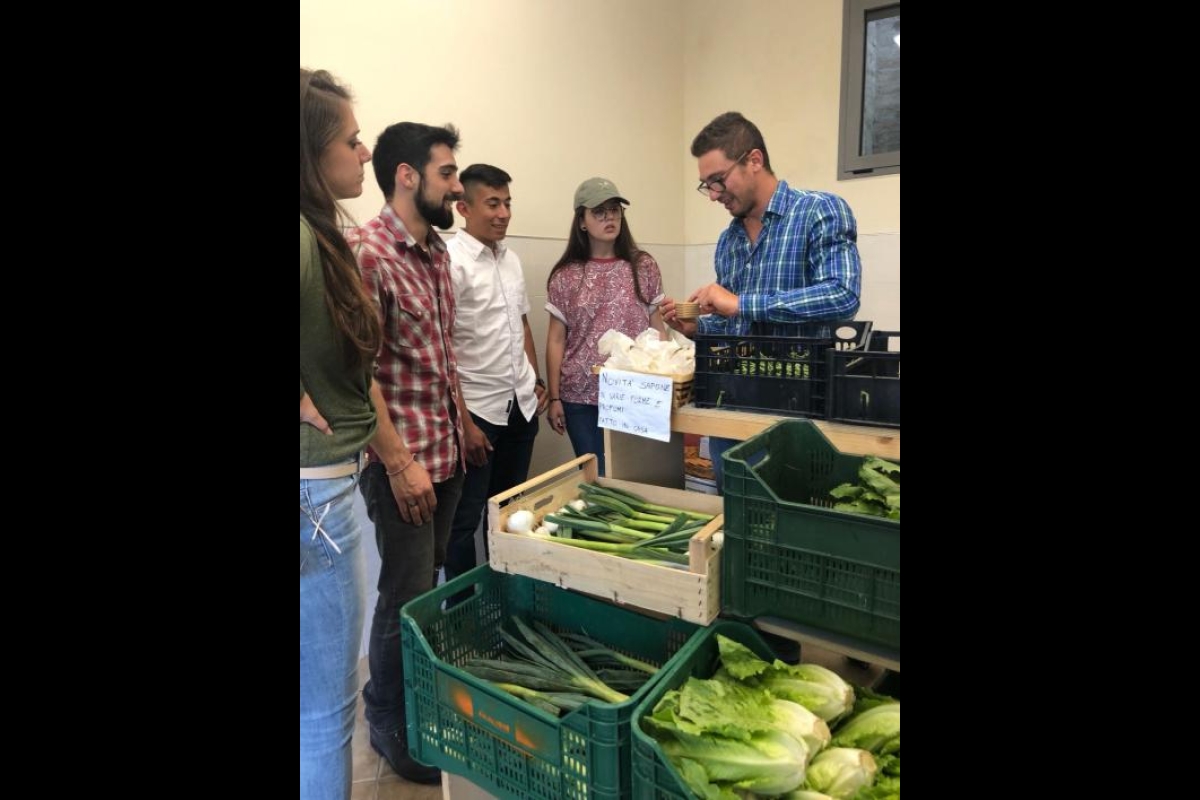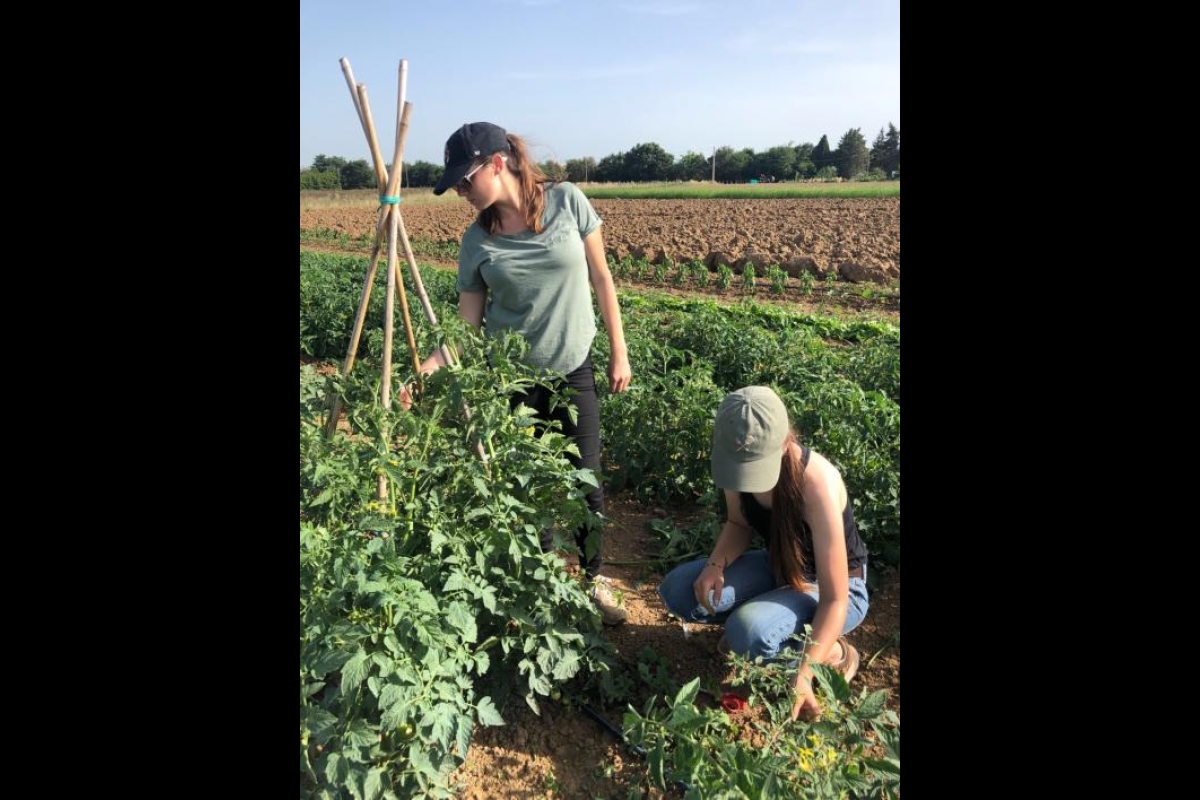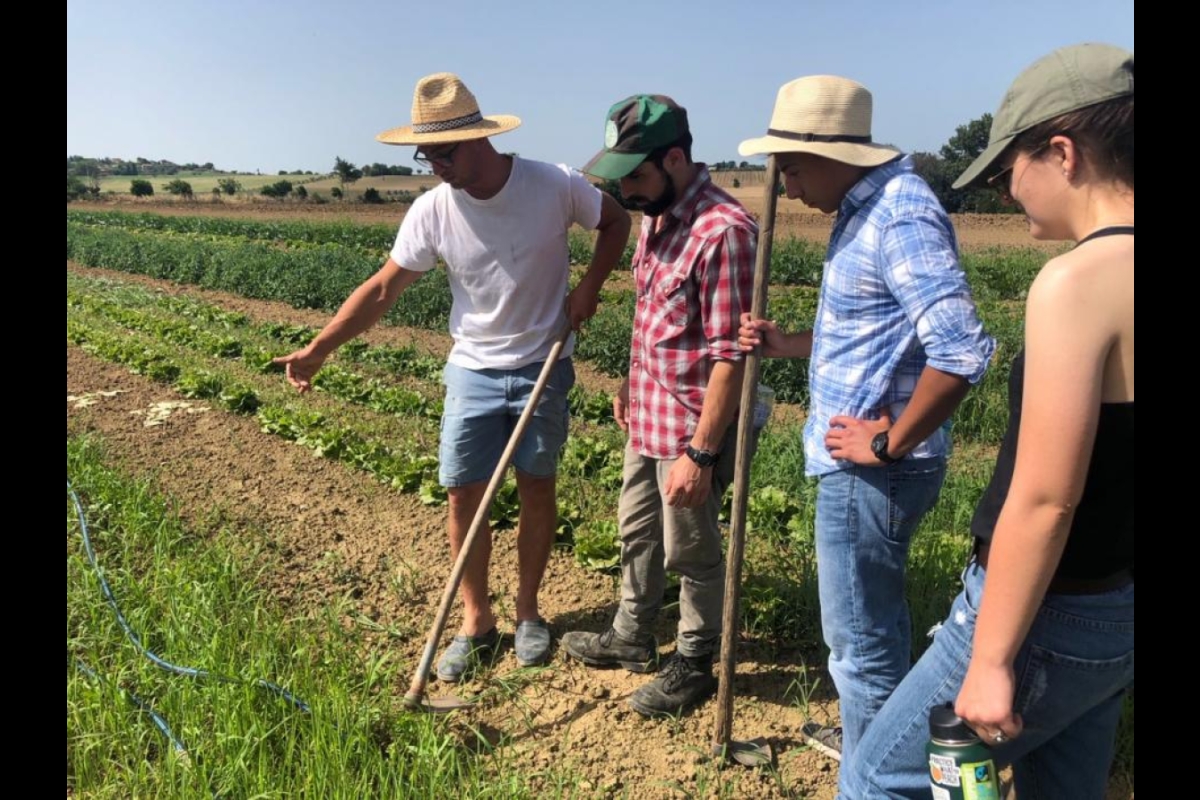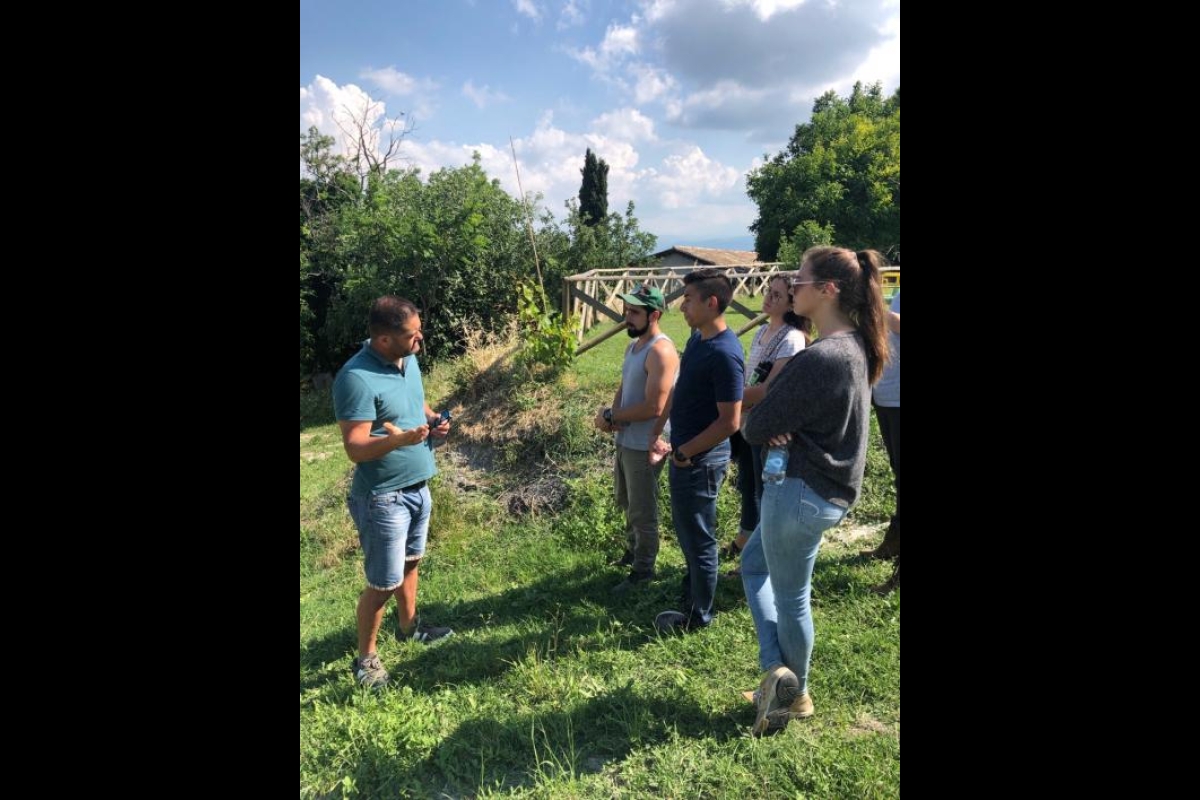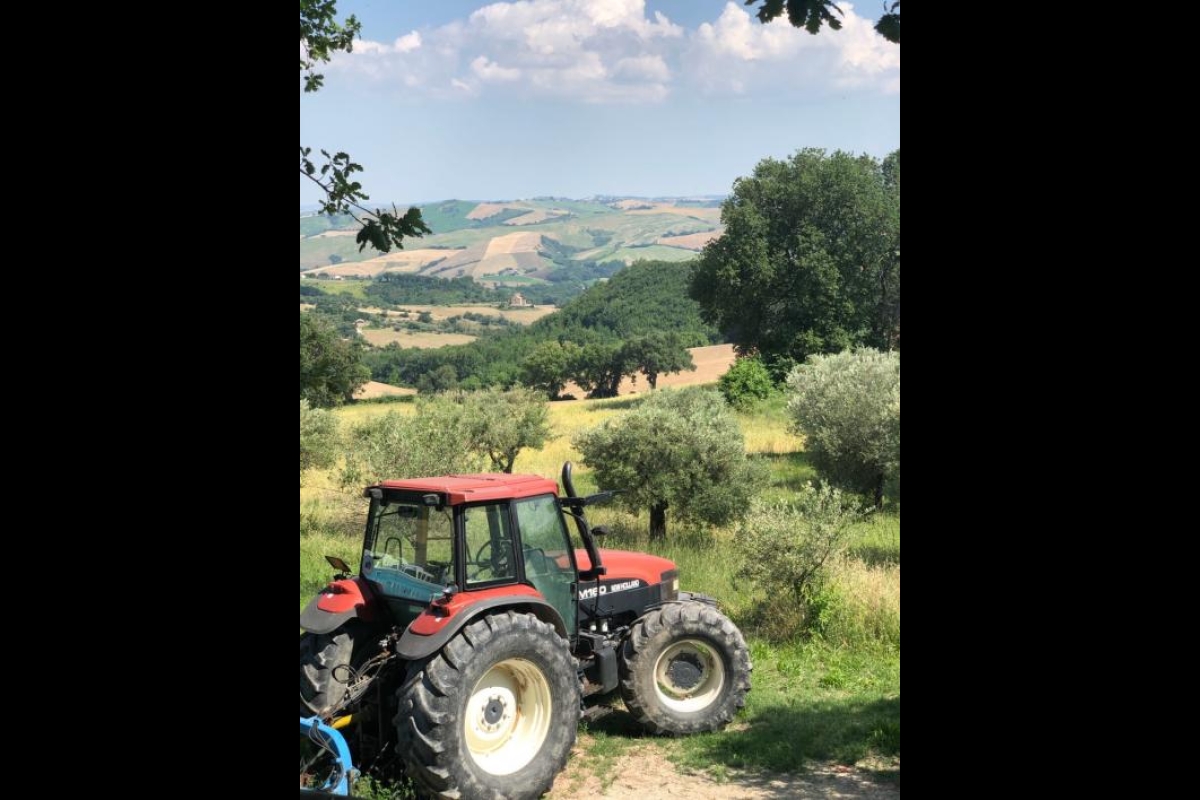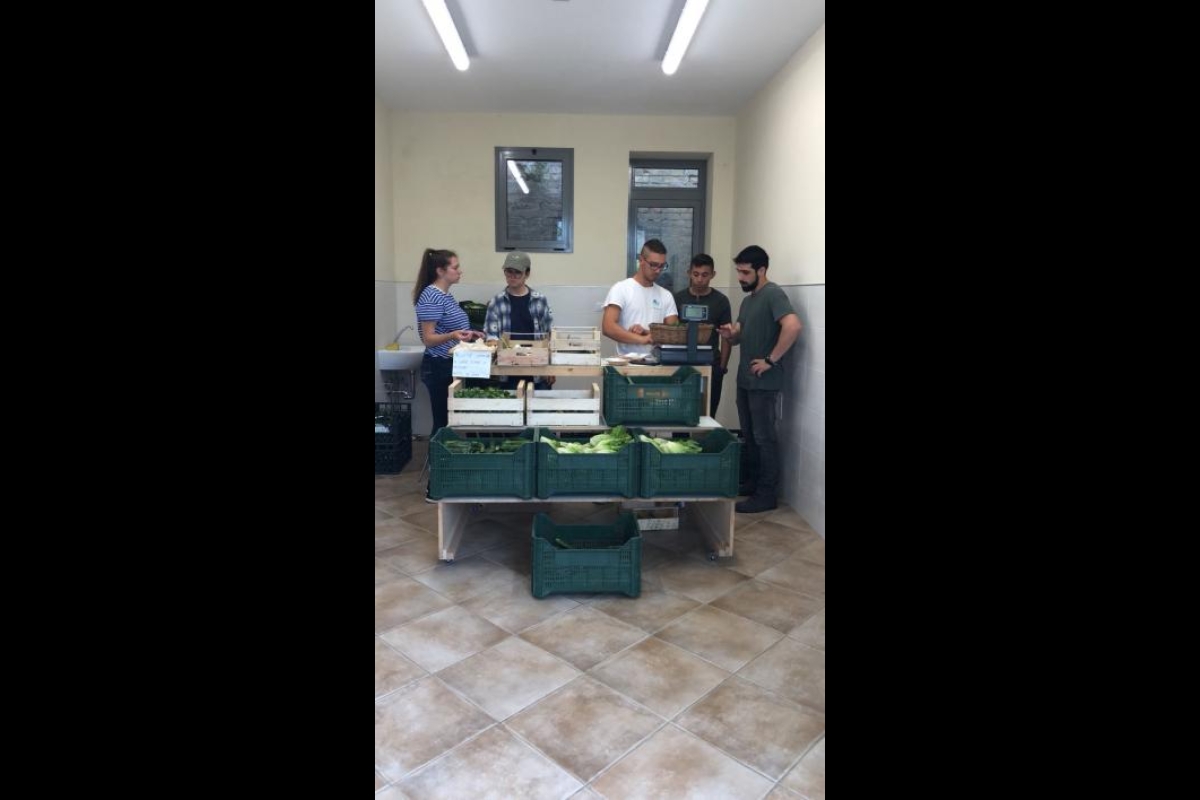Arizona, Italy connection via study abroad cultivates possibility for ASU students
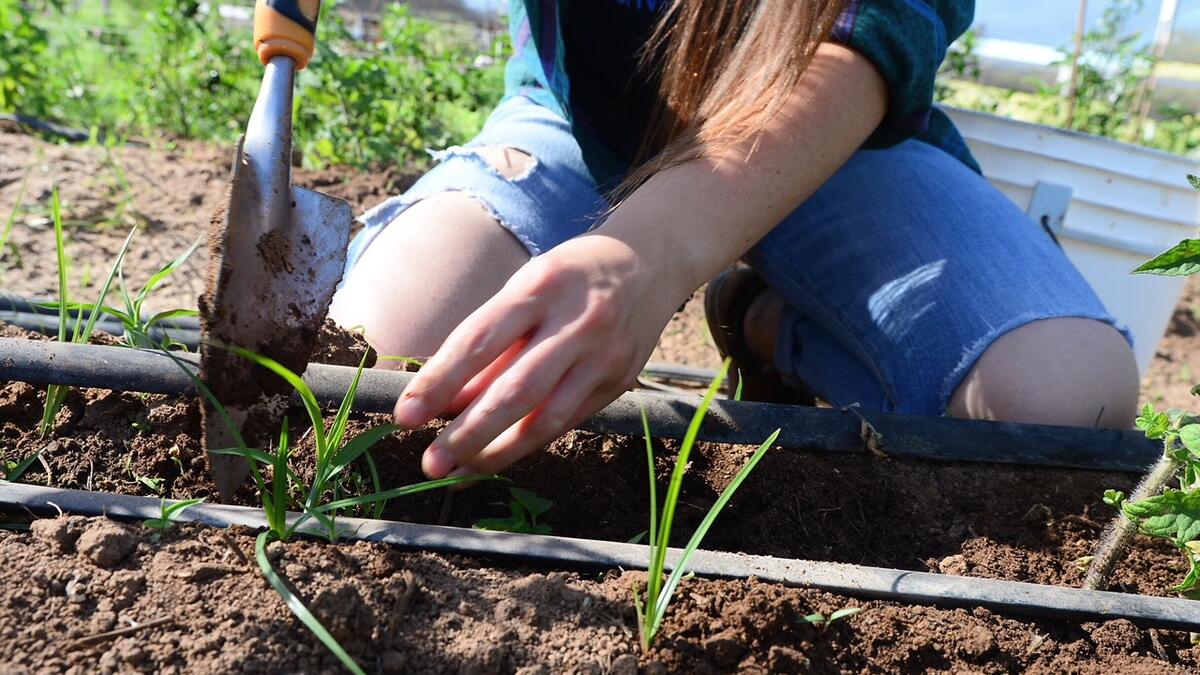
A gourmet meal led to a food-for-thought opportunity for a handful of Arizona State University students this summer.
As a result of discussions sparked at Dinner 2040 — a meal-tasting-turned-panel-talk in Phoenix — between a local organic farmer, an ASU professor and a former project coordinator in the School of Sustainability, five students added a comparative farming practicum to their coursework for the Italian Language and Culture in San Severino Marche study-abroad program coordinated by the ASU Study Abroad Office. A longstanding program led by Associate Professor of Italian Juliann Vitullo, students take immersive Italian language courses in a 13,000-inhabitant Italian town, San Severino Marche.
“Students got an inside look at co-op produce. They saw 10 farms and got to witness infrastructure developing with CSA (community-supported agriculture), the business and the lack of infrastructure for farming in Phoenix,” Vitullo said.
Comparative programs like this one allow students to experience the challenges of our local system, such as food waste and lack of infrastructure for small-scale organic farmers, and address a need to bring successful practices from elsewhere back to the metro Phoenix area.
In the program, new this year, the five students worked at Maya’s Farm near South Mountain in Phoenix throughout the spring semester as part of the SOS 494 class credit of "Comparative Cultures of Sustainable Small-Scale Farming: From Maricopa County to Le Marche, Italy." Once in Italy, students worked with organic farmer Vittorio Giacomini at Biocontadino, an organic farm near San Severino Marche. Students Gerardo Moceri and Dana Martin shared their experiences.
Connecting their Arizona roots to farming and Italy
Both sustainability majors, these Arizona natives have deep ties to the region — Moceri’s family has restaurants in Sedona and Payson, and he was drawn to this program to learn more about sustainable practices he can help apply to his family’s businesses. His dad is a chef from Sicily with more than 25 years of experience, so his program was partially heritage-seeking to learn his father’s roots from working in Perugia.
“I wanted to go to Italy, and the farming piece was a bonus. Plus, I wanted it to be a month so I wouldn’t be away from helping my family’s restaurants for too long to help during the summer season,” said Moceri, a junior.
Martin’s ties are connected to her desire to bring food education and edible farms to local schools she attended here in Phoenix. Now a senior at ASU, she grew up with a long history to agriculture being in 4-H and raising pigs. She tried veterinary science at Maricopa Community College, but it didn’t quite click like sustainability did, resulting in her transfer to ASU. Her long-term goal is to be a school garden educator to help kids see the value in food at a young age.
Research projects
As part of the practicum, students investigated a particular research topic related to comparative farming. With his minor in psychology, Moceri studied the connections between the mind, body, food and sustainability. Through his research, he analyzes the negative long-term consequences of certain kinds of stress in our everyday lives and ways that local farming cultures might reduce it.
Martin investigated the relationship between school lunches in public schools and impacting health and wellness. She looked into the impacts of fast food here in the United States and Italy, and through her research, she demonstrated the need for local edible education and the role community farmers play in helping kids foster a positive, healthy relationship with food at a young age.
Making it possible financially
Finances were a challenge for both Martin and Moceri to make this study-abroad program happen. They, however, along with 17 others from ASU received the Department of State’s Benjamin A. Gilman International Scholarship to study this past summer and the current fall semester.
Part of the scholarship is to give back to the community upon returning from the study-abroad program. Both will continue to help Maya’s Farm and will work to help improve the infrastructure of the internship program, including coordinating logistics for future interns, farming duties and local market support. In addition, Moceri will be volunteering with America Reads in the Phoenix area to teach children in low-income areas across four different sites about the importance of a global education. Martin will be working with Vitullo and Maya's Farm owner Maya Dailey to recruit students to participate.
Advice for future students
“A big motivating factor for me was going to the study-abroad events to visually see what’s out there. Connect with a person who knows more about the program and discover what’s best for you,” Martin advised.
“Do it now and apply for all scholarships you think you qualify for. You have to find them and apply for them, but it’s worth it,” Moceri said.
Lasting impact
“It gave me hope that more sustainable food practices are possible,” Martin said. “It opened my eyes to possibility and tangibility for my future. It was helpful to see sustainability as the norm in their lifestyles. Seeing the culture and relationship Italians have with food is inspiring.”
While Martin was there, she was able to observe governmental incentives working to provide healthier food options in schools.
“Embedding it through that level and seeing it successful makes me hopeful for it to happen here," she said.
Moceri was most impacted by the food network, seeing produce go from farm to table and not into to-go containers at restaurants.
“Portion sizes are more realistic, and creates less waste for the restaurant industry," he said.
To learn more about the 250-plus study-abroad programs in more than 65 different countries offered at ASU, see the Study Abroad Office website. And visit the Study Abroad Expo on Aug. 22 in the Ventana Ballroom of the Memorial Union from 11 a.m.–2 p.m. to learn more about programs and scholarships.
Top photo: Sustainability senior Dana Martin pulls weeds at Maya's Farm, a local organic farm near South Mountain in Phoenix.
More Environment and sustainability

Charles Redman, founder of the School of Sustainability, faces a new adventure: Retirement
At the retirement celebration for Charles Redman on Oct. 22, two messages persisted: Redman’s contributions to Arizona State University helped to shape the interdisciplinary efforts we now find…

10 climate insights to guide our future
A group of globally renowned social, natural and climate scientists has once again convened to offer their newest annual synthesis report, “10 New Insights in Climate Science.”The report, published…
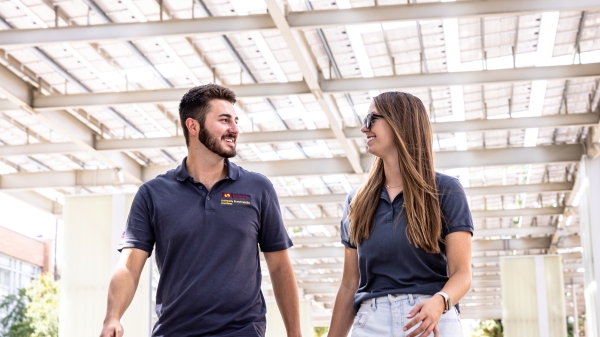
The future is green: Job demand translates to high employability for ASU sustainability grads
A 2023 report by Forbes on the state of green jobs confirmed what Arizona State University has been trumpeting for years: Sustainability will play a large part in the new economy.The report suggests…
